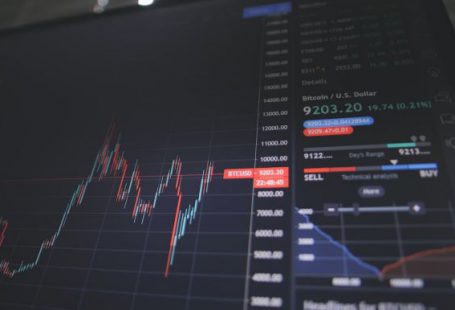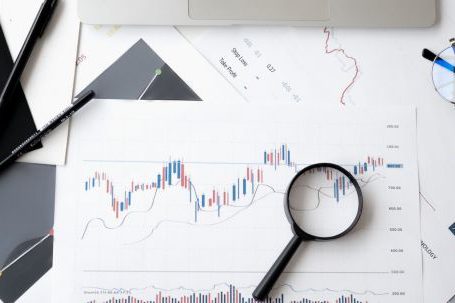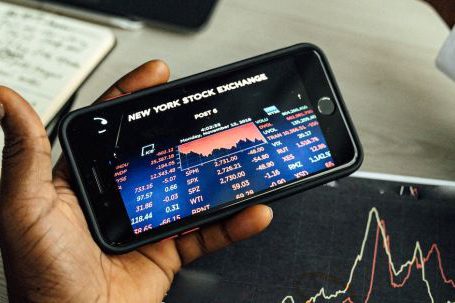Insider trading has long been a controversial practice in the world of finance. It refers to the buying or selling of a company’s stocks by individuals who have access to non-public information about the company. This practice is illegal as it gives those insiders an unfair advantage over other investors. In this article, we will explore the effects of insider trading on company stocks.
The Basics of Insider Trading
Insider trading occurs when company insiders, such as executives, directors, or employees, use non-public information to make trades in the stock market. These insiders are privy to information that the general public does not have access to, such as upcoming financial results, mergers, or acquisitions. By trading on this information, insiders can potentially make substantial profits or avoid significant losses.
The Impact on Stock Prices
When insiders engage in illegal insider trading, it can have a significant impact on the company’s stock price. If insiders are selling their shares based on negative non-public information, it can signal to other investors that something is wrong with the company. This can lead to a decrease in demand for the stock, causing the price to fall.
Conversely, if insiders are buying shares based on positive non-public information, it can create a sense of optimism among investors. This increased demand for the stock can drive up the price. In both cases, the actions of insiders can have a substantial influence on the overall market perception of a company and its stock.
Market Integrity and Investor Confidence
One of the primary reasons insider trading is illegal is to protect the integrity of the stock market and maintain investor confidence. When insiders trade on non-public information, it undermines the fairness and transparency of the market. It creates an uneven playing field where a select few can profit at the expense of other investors.
Insider trading erodes trust in the financial system and can lead to a loss of confidence among investors. This loss of confidence can have far-reaching consequences, as investors may withdraw their investments or become hesitant to invest in companies they perceive as having a high risk of insider trading.
Legal Ramifications
Insider trading is not only unethical but also carries severe legal consequences. In many countries, including the United States, it is a criminal offense that can result in hefty fines and imprisonment. Regulators and law enforcement agencies actively monitor trading activities and investigate suspicious transactions to detect and prosecute insider trading.
Regulatory Efforts to Combat Insider Trading
To combat insider trading, regulators have implemented various measures. One such measure is mandatory reporting of insider trades, where company insiders are required to disclose their trading activities to the regulatory authorities. This transparency allows regulators to monitor and investigate suspicious trading patterns.
Additionally, regulators also conduct surveillance and employ sophisticated tools to detect unusual trading activities that may indicate insider trading. These efforts help maintain market integrity and deter individuals from engaging in illegal insider trading.
In Conclusion
Insider trading can have significant effects on company stocks and the overall market. It can impact stock prices, erode investor confidence, and undermine the fairness of the financial system. To protect the integrity of the market, regulators have implemented measures and impose severe legal consequences for those involved in insider trading. By maintaining transparency and enforcing strict regulations, the aim is to create a level playing field for all investors and ensure the market operates with fairness and integrity.





